In today’s digital age, social media has become an integral part of modern society, connecting people around the world and shaping the way we perceive ourselves and others. The concept of body image and self-comparison plays a significant role in the way individuals view themselves and their place in society. In our previous blog we wrote about Sleep, Weight Loss, and Hormonal Balance: Unlock Vital Changes. In this blog, we will explore the profound impact of social media and body image on self-comparison and understand the aspects for promoting mental well-being, body positivity, and fostering a healthier relationship with ourselves and others in the digital era.
The Rise of Social Media and its Impact on Body Image
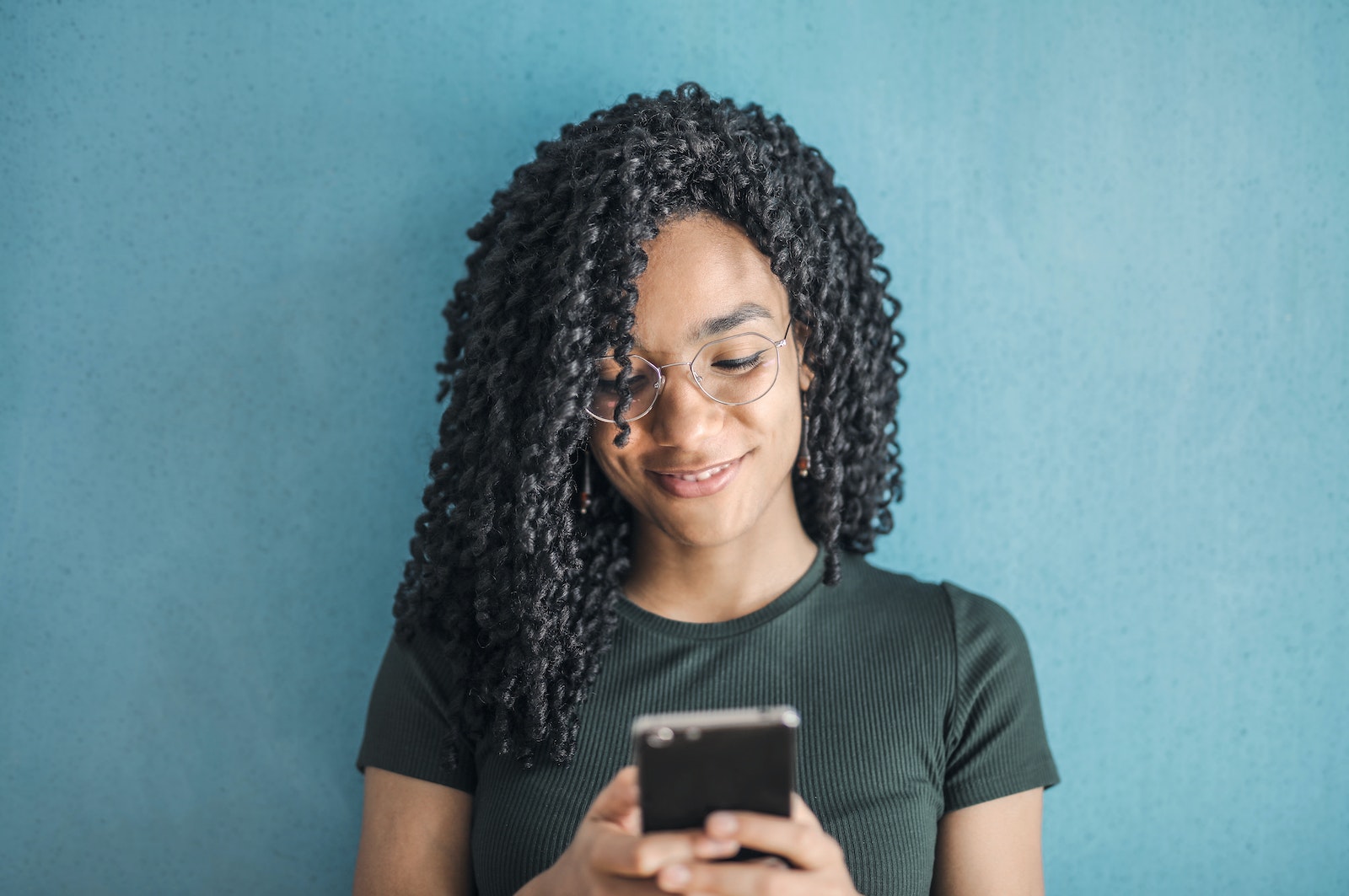 Social media platforms have undergone a remarkable evolution, from basic networking sites to vast virtual communities.
Social media platforms have undergone a remarkable evolution, from basic networking sites to vast virtual communities.
Platforms like Instagram, Facebook, Twitter, and TikTok have gained immense popularity, attracting billions of users globally.
With this rise, social media has become a powerful influencer of beauty standards and body ideals.
Celebrities and influencers on these platforms contribute significantly to shaping society’s perception of body image.
Their curated, idealized images often lead to comparisons among users, influencing their own perceptions of attractiveness and self-worth.
The Role of Influencers and Celebrities in Shaping Body Image Perceptions
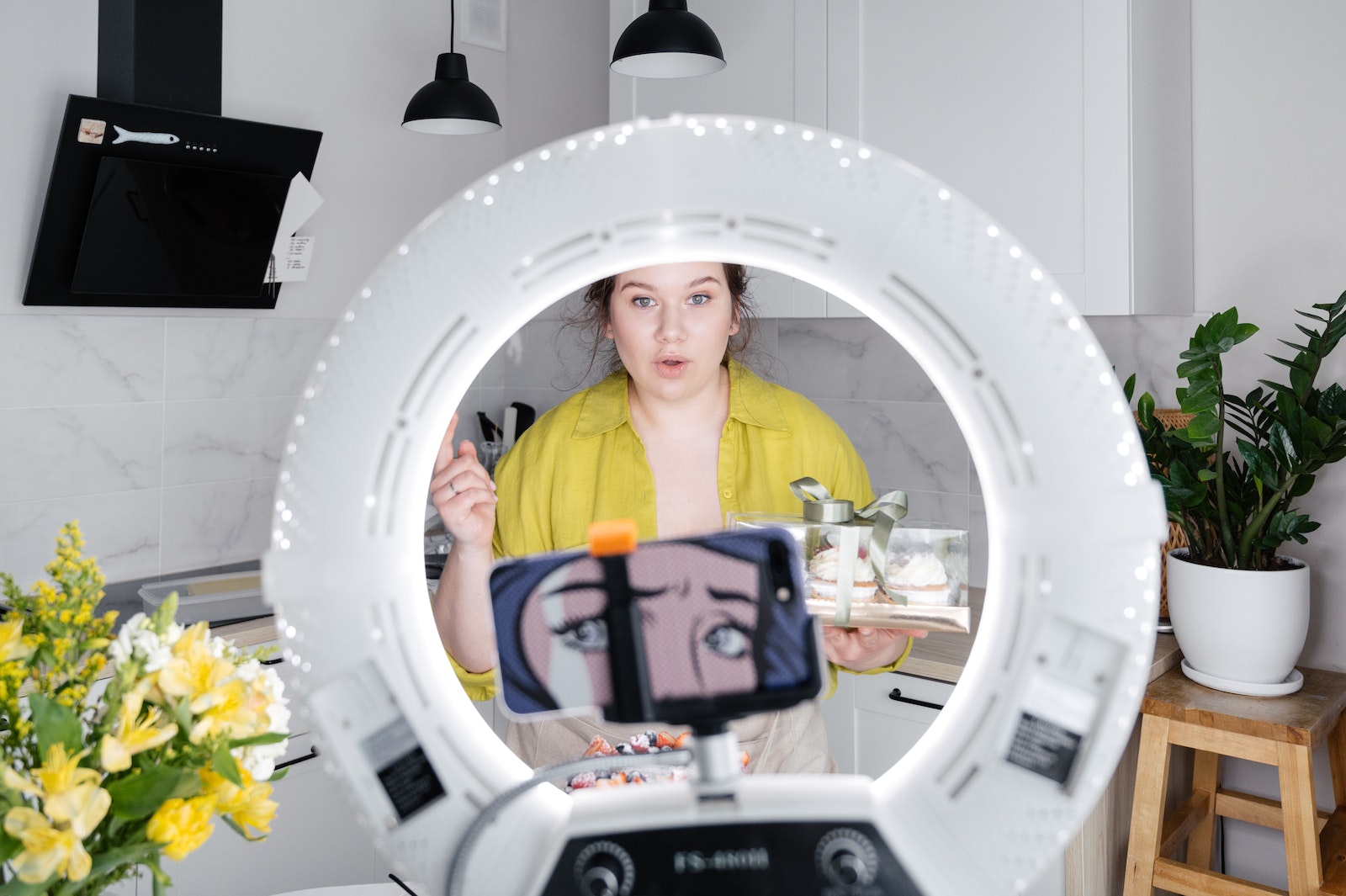 In the realm of social media, influencers and celebrities wield considerable influence over their followers.
In the realm of social media, influencers and celebrities wield considerable influence over their followers.
They often serve as role models, shaping the way individuals perceive themselves and their bodies.
As they promote certain beauty standards or body ideals, their followers may aspire to achieve similar appearances, leading to constant self-comparison.
Unfortunately, not all influencers use their platforms responsibly.
Some promote unrealistic body ideals, heavily edited images, or promote unhealthy body practices like extreme dieting or cosmetic enhancements.
Such content can exacerbate body dissatisfaction and negatively impact self-esteem.
Psychological Effects of Exposure to Idealized Body Images
 The constant exposure to picture-perfect bodies on social media can lead to negative psychological effects on individuals.
The constant exposure to picture-perfect bodies on social media can lead to negative psychological effects on individuals.
Studies have shown that increased social media usage is linked to heightened body dissatisfaction.
Regularly viewing unrealistic body standards can trigger feelings of inadequacy and fuel self-comparison.
Moreover, the pressure to present an “ideal” self on social media can lead to an unhealthy preoccupation with appearance.
This may cause individuals to invest excessive time and effort into achieving a certain look, potentially neglecting other important aspects of their lives.
Social Media and Body Image: Comparisons and Consequences
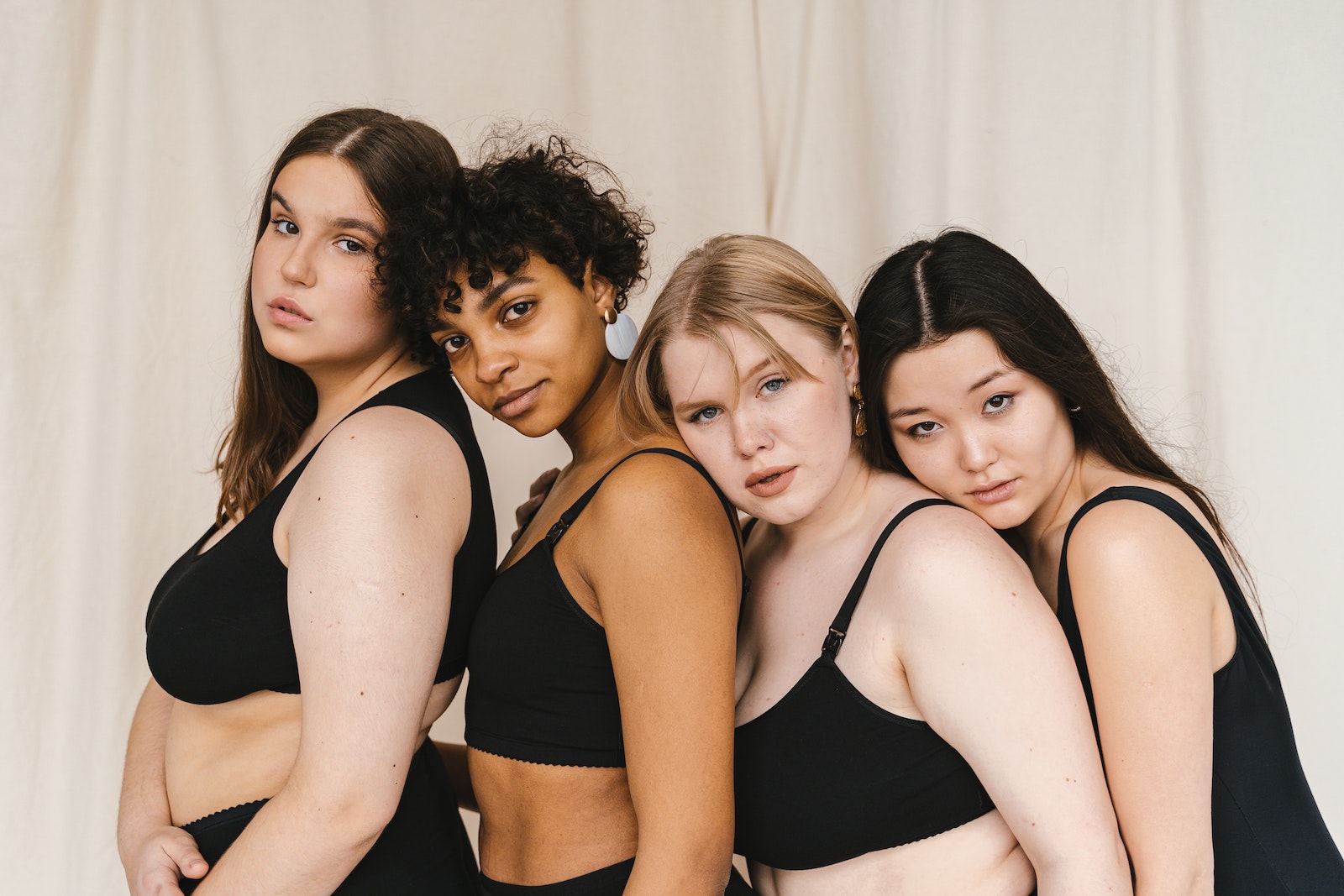 One of the most prevalent consequences of social media use is the urge to compare oneself with others.
One of the most prevalent consequences of social media use is the urge to compare oneself with others.
On these platforms, people often showcase their best moments, leading to the so-called “highlight reel effect.”
This curated version of life can evoke feelings of envy and dissatisfaction with one’s own appearance and life choices.
Comparisons on social media can extend beyond physical appearance to achievements, lifestyles, and personal successes.
Individuals may perceive others as having better lives, higher achievements, or more rewarding experiences, leading to a sense of inadequacy.
Body Shaming and Cyberbullying on Social Media Platforms
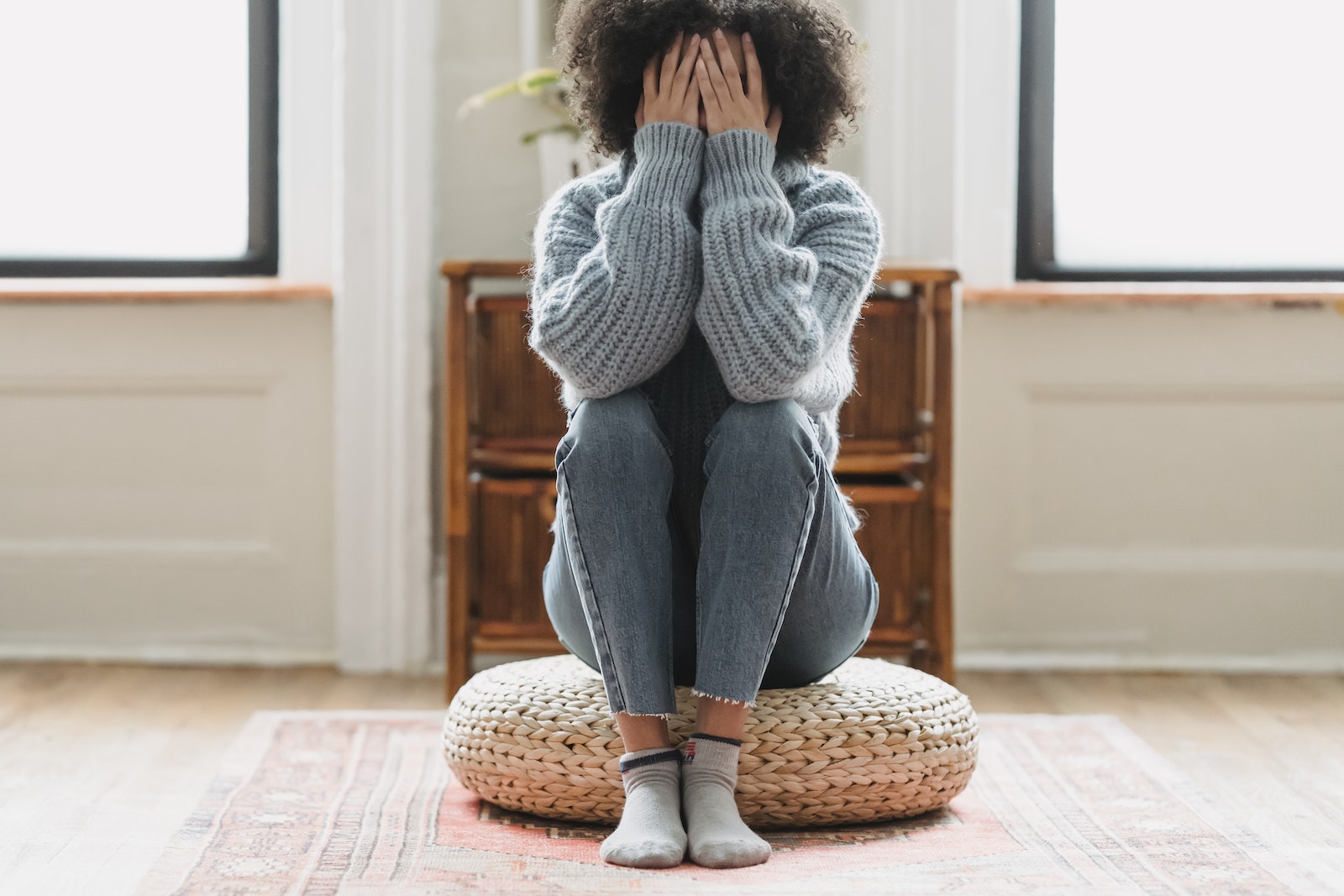 The anonymity provided by social media can embolden some users to engage in body shaming and cyberbullying.
The anonymity provided by social media can embolden some users to engage in body shaming and cyberbullying.
Negative comments and harmful remarks about a person’s appearance can deeply impact their self-esteem and body image, leading to further self-comparison and self-doubt.
Cyberbullying can have severe consequences on mental health, with victims experiencing anxiety, depression, and even suicidal thoughts.
The harmful effects of cyberbullying underscore the importance of fostering a compassionate and supportive digital environment.
The Connection between Social Media and Disordered Eating Behaviors
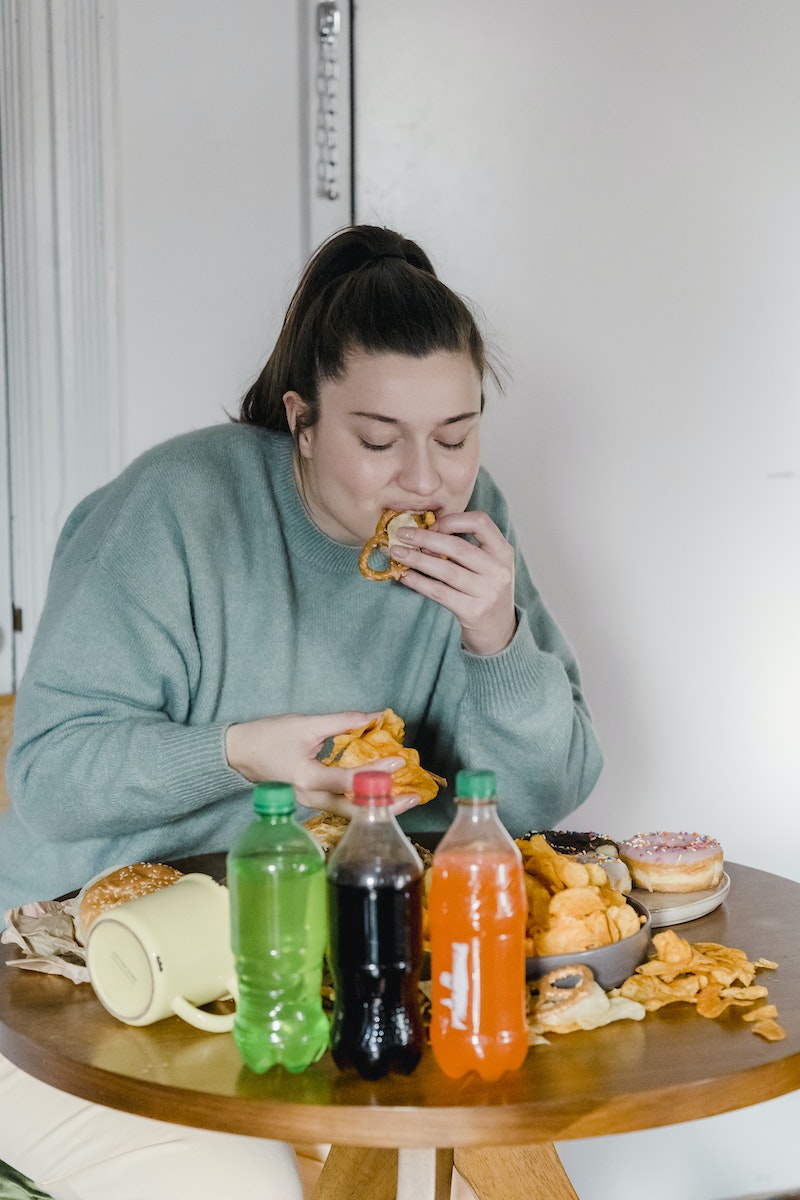 Social media can also contribute to the development of disordered eating behaviors.
Social media can also contribute to the development of disordered eating behaviors.
Content promoting unhealthy body ideals and extreme dieting can be prevalent, influencing vulnerable individuals to engage in harmful practices to achieve unrealistic body standards.
Moreover, social media can create a culture of validation through likes, comments, and shares.
Some individuals may turn to disordered eating behaviors in a quest for external validation, believing that achieving a certain body type will garner more admiration and approval.
Psychological Aspects of Social Media and Self-Comparison
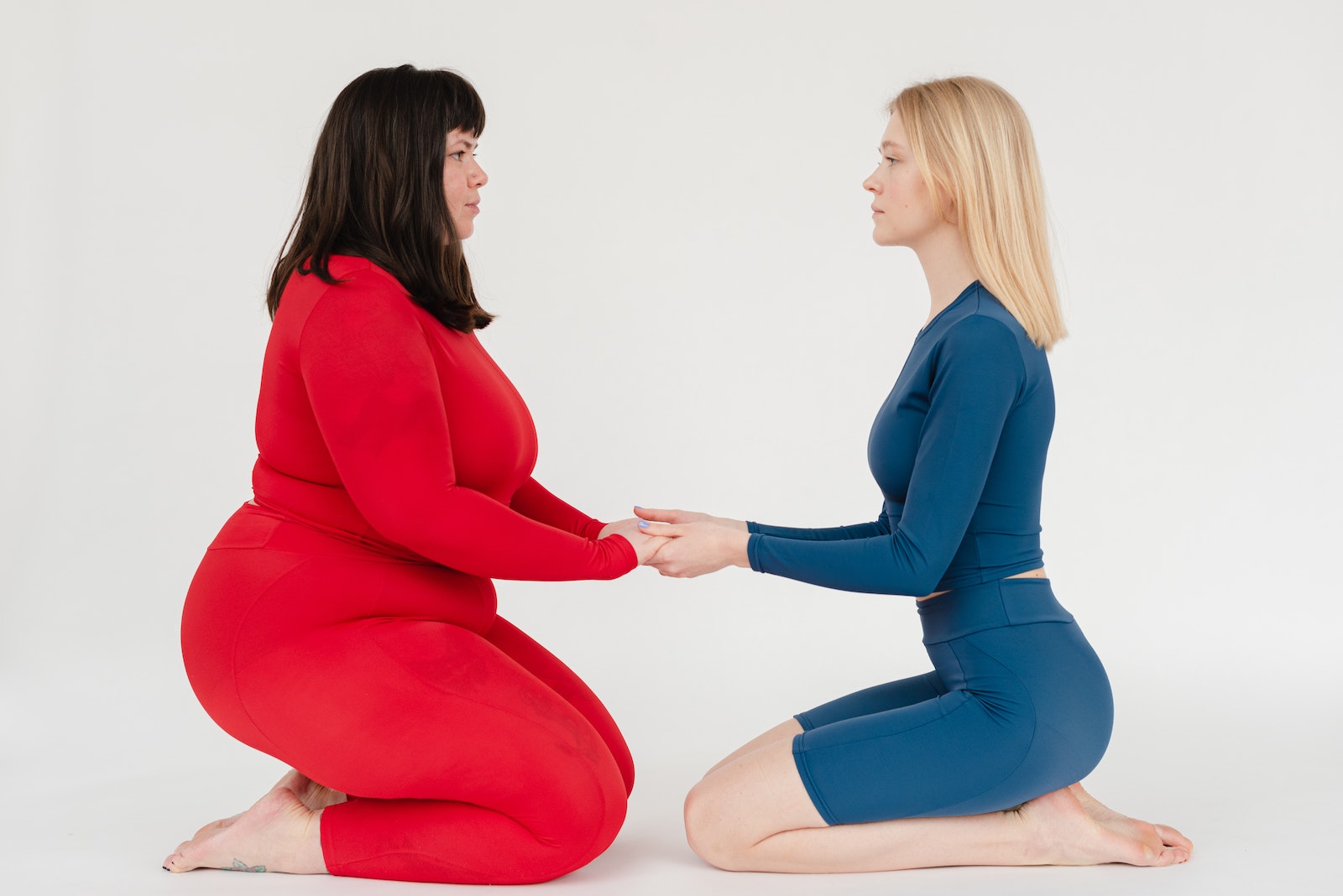 To comprehend the impact of social media on body image and self-comparison, it is essential to delve into the psychological aspects of this phenomenon.
To comprehend the impact of social media on body image and self-comparison, it is essential to delve into the psychological aspects of this phenomenon.
Social comparison theory, proposed by psychologist Leon Festinger, suggests that individuals tend to evaluate themselves by comparing themselves to others.
Social media provides an ideal platform for such comparisons, leading to potential negative effects on body image and self-esteem.
The number of likes, comments, and validation received on social media posts can also play a significant role in influencing one’s self-esteem and body image perception.
The quest for external validation can lead to a constant desire for more attention and admiration.
Positive Impacts: Fostering Body Positivity and Empowerment
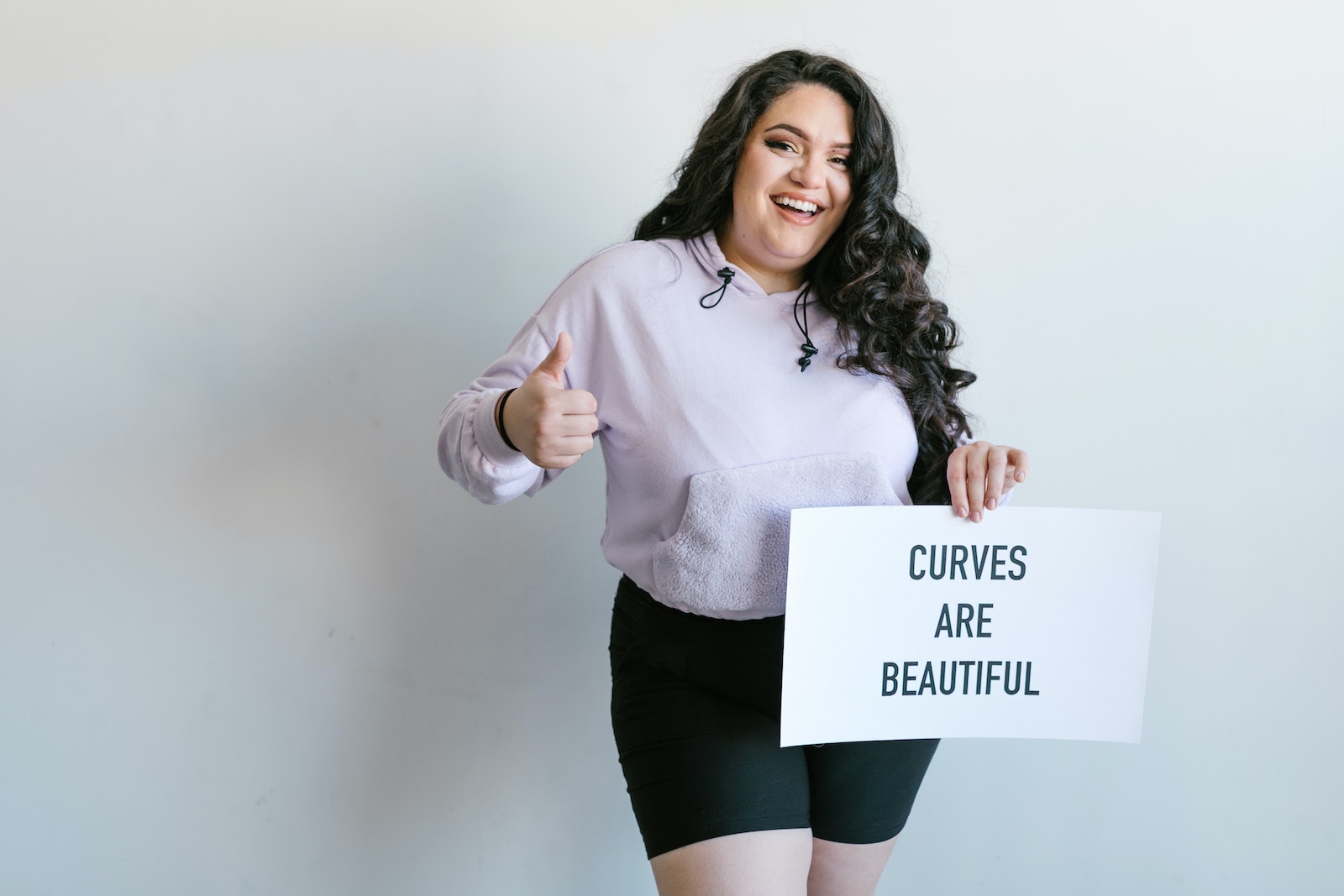 Despite the negative aspects, social media also serves as a platform for empowering body-positive movements.
Despite the negative aspects, social media also serves as a platform for empowering body-positive movements.
Content creators and influencers are embracing body diversity and challenging traditional beauty standards.
They encourage self-love and self-acceptance, fostering a positive body image among their followers.
Through hashtags like #BodyPositivity and #SelfLove, individuals are uniting to celebrate body diversity and promote inclusivity.
They share personal stories of overcoming body image struggles and embracing their uniqueness, inspiring others to do the same.
Social Media and Body Image: Empowering Change
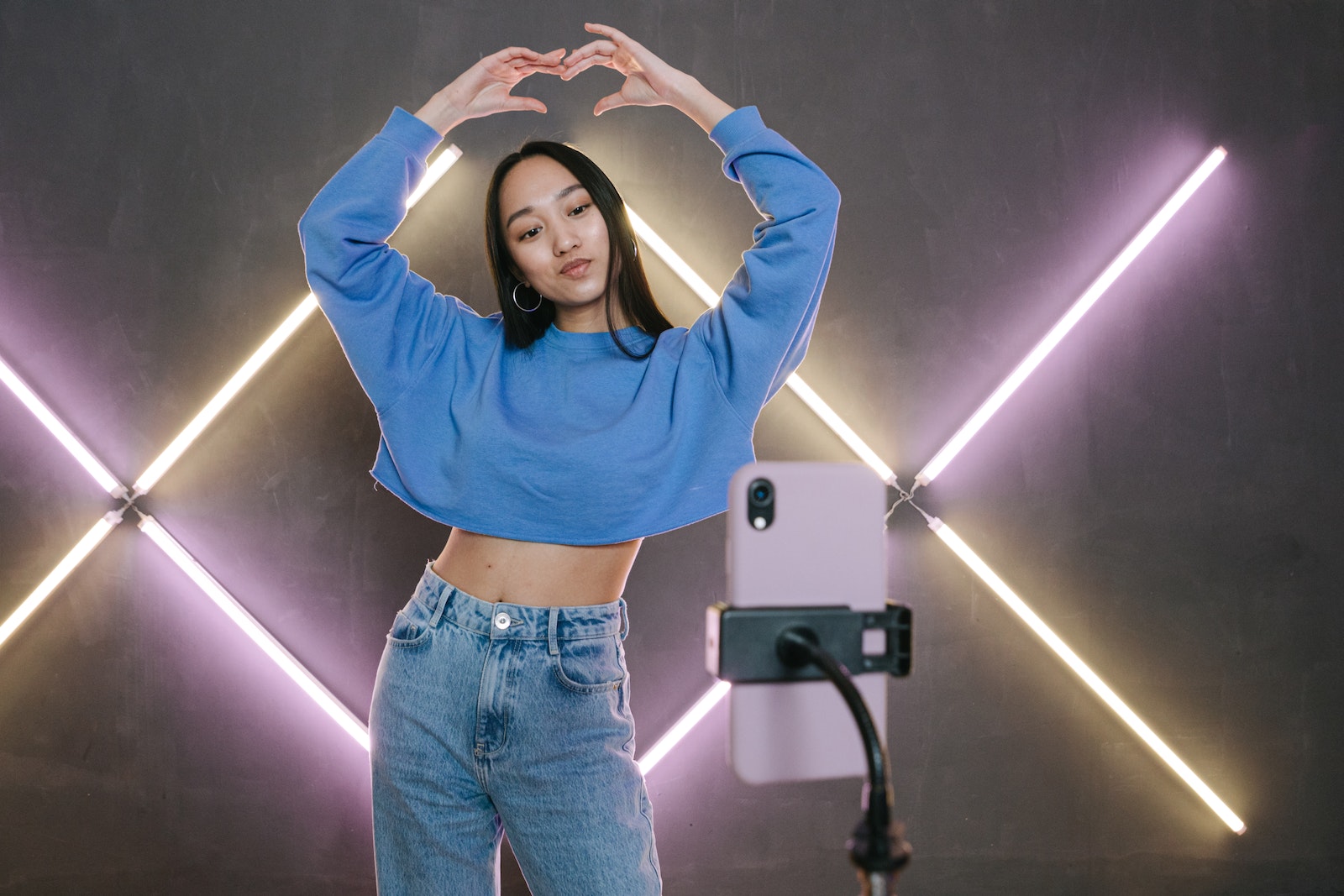 Content creators who are vocal about body positivity and self-acceptance play a crucial role in promoting a healthy body image.
Content creators who are vocal about body positivity and self-acceptance play a crucial role in promoting a healthy body image.
By using social media as a tool for empowerment and change, they inspire their audience to embrace their unique attributes and reject unrealistic beauty ideals.
Influencers who authentically share their imperfections and vulnerabilities humanize the online space, fostering a sense of relatability among their followers.
This relatability can counteract the negative impact of edited and curated images, helping individuals recognize that nobody is perfect.
Redefining Body Image: Self-Love and Acceptance on Social Media
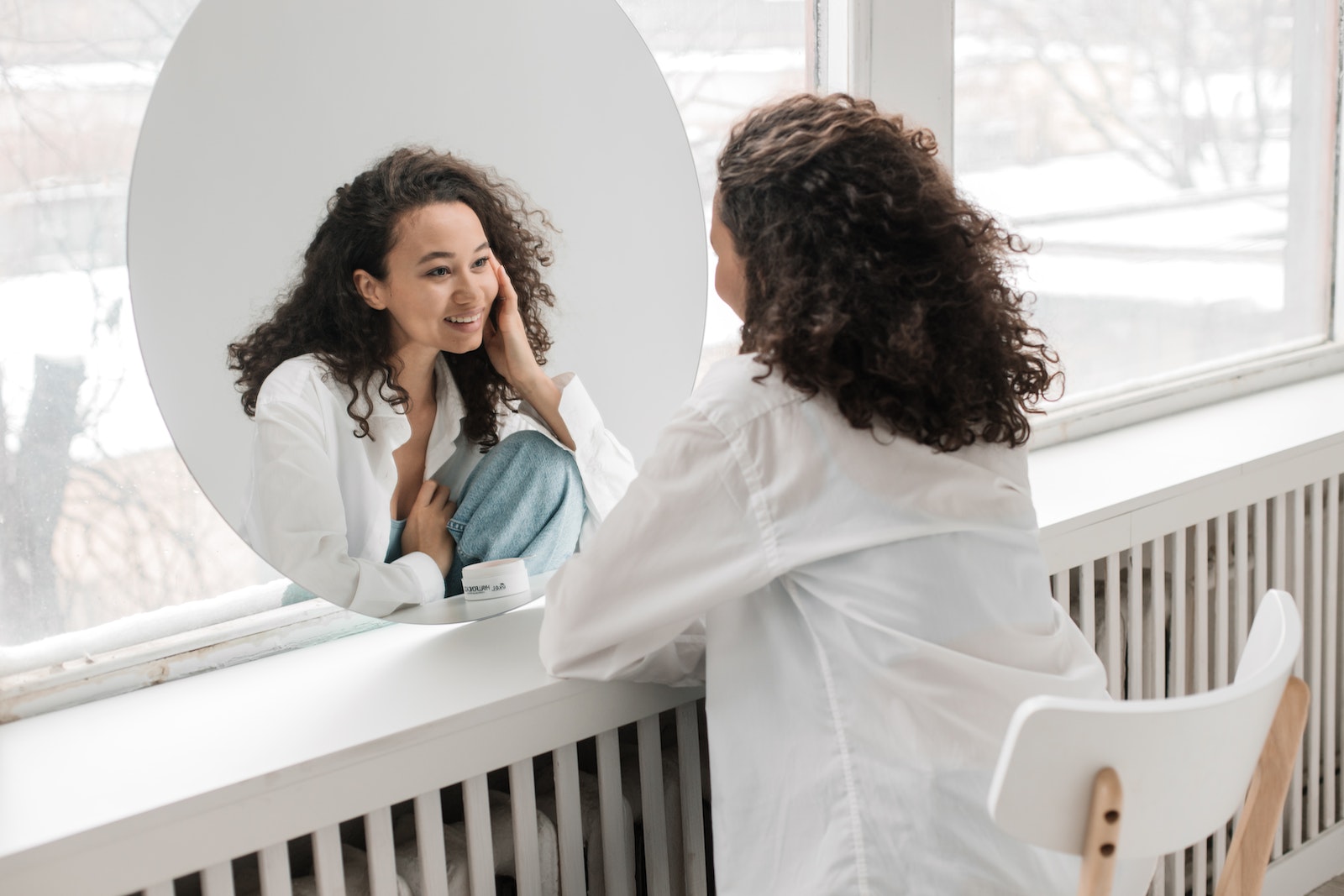 Promoting self-acceptance and self-compassion on social media can be a transformative experience.
Promoting self-acceptance and self-compassion on social media can be a transformative experience.
Emphasizing that every individual is beautiful in their own way can help combat the detrimental effects of self-comparison.
Rather than striving for an unattainable standard of beauty, individuals are encouraged to focus on self-improvement and personal growth.
This shift in mindset allows for a more compassionate relationship with oneself and others.
Coping with Negative Effects: Building Resilience and Awareness
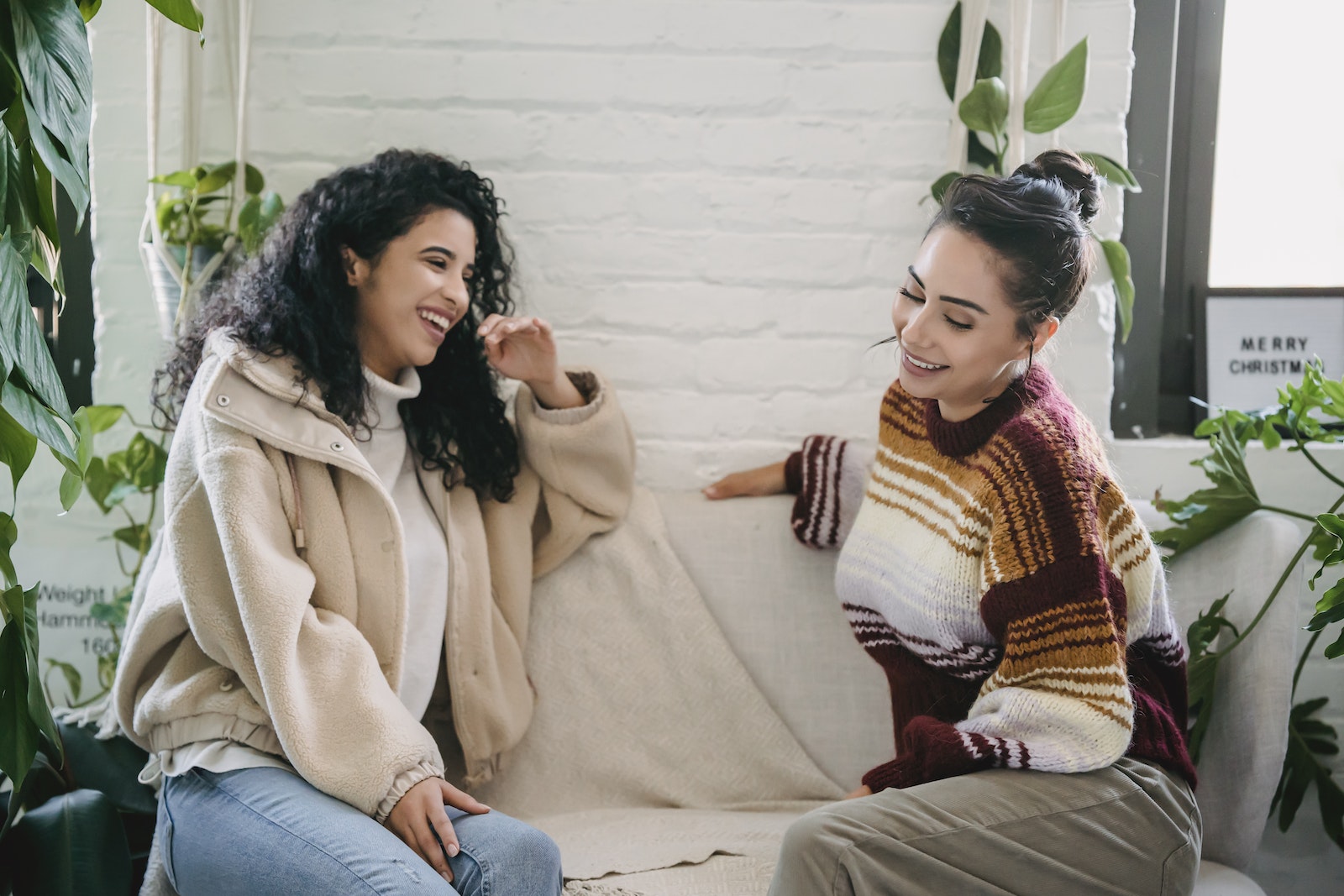 Recognizing negative body image signs is crucial for resilience.
Recognizing negative body image signs is crucial for resilience.
Being aware of harmful self-comparison on social media protects mental well-being.
Seek support from friends, family, or professionals for coping strategies.
Practice self-compassion and mindfulness, challenge negative thoughts, and be kind to yourself.
If struggling, seek professional help for personalized strategies.
Therapy offers a safe space to explore body image issues.
Connect with body-positive groups for support.
Embrace self-acceptance and positivity in the digital world to foster a healthier relationship with oneself and others.
Balancing Social Media Use and Self-Care
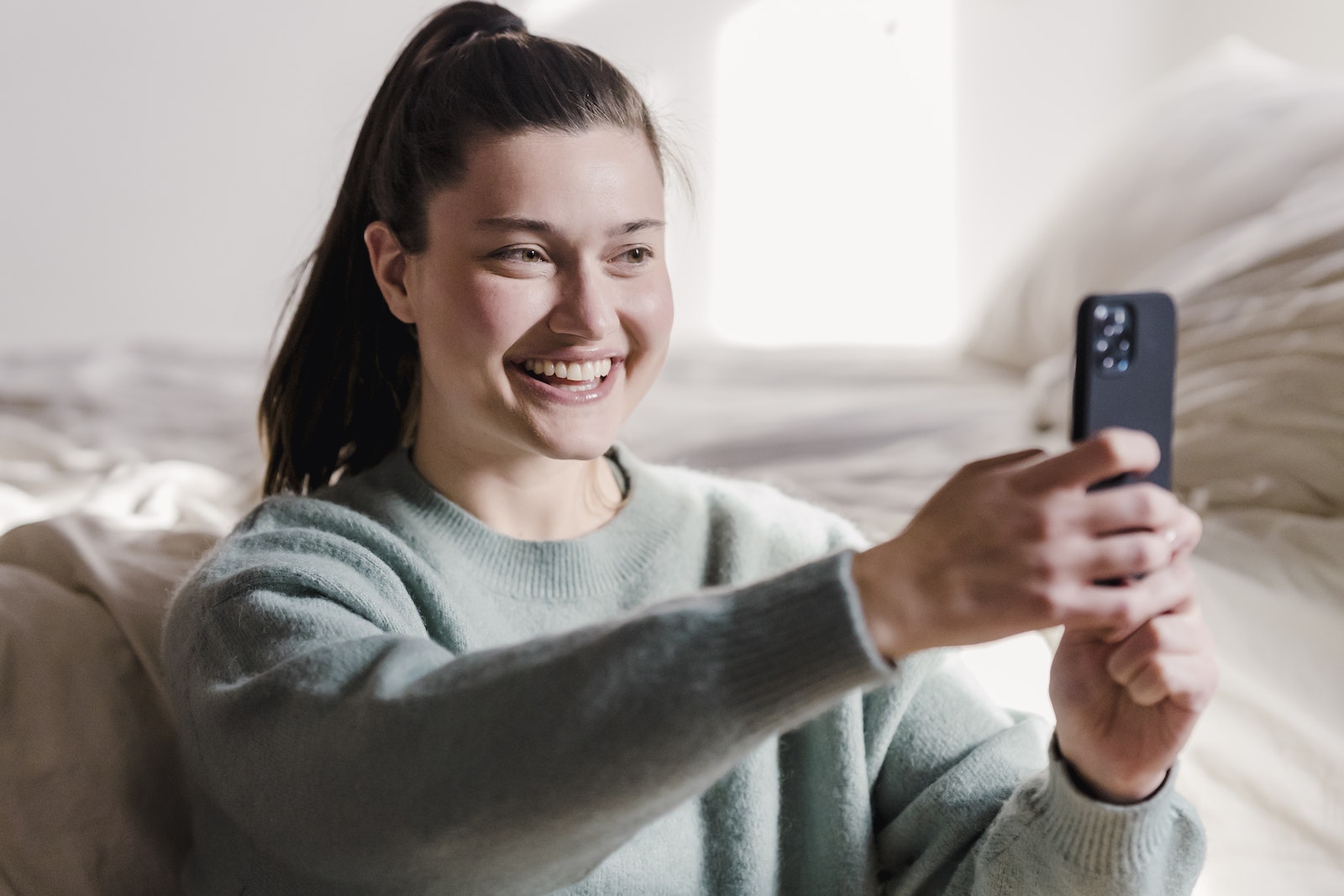 Setting healthy boundaries for social media consumption is vital for maintaining mental well-being.
Setting healthy boundaries for social media consumption is vital for maintaining mental well-being.
Taking regular breaks and practicing digital detox can reduce the negative impact of social media on body image and self-comparison.
Focusing on self-care and overall well-being is essential for combating the potential negative effects of social media.
Engaging in activities that bring joy, relaxation, and fulfillment can improve body image and self-esteem.
Conclusion
The dynamic influence of social media on body image and self-comparison cannot be ignored.
While social media can perpetuate unrealistic beauty ideals and promote self-comparison, it also offers a powerful platform for body positivity, empowerment, and self-expression.
Being mindful of social media usage and actively promoting self-love, body positivity, and mental well-being are essential in navigating the digital era with confidence and positivity.
By embracing our unique qualities and celebrating diversity, we can redefine body image and empower ourselves and others to embrace their true selves in the virtual world.c
Are you ready to take control of your well-being in the digital age?
As you've explored the profound influence of social media on body image and self-comparison, it's clear that maintaining a healthy relationship with yourself in this digital era is crucial.
The constant exposure to idealized images and the pressure to conform to unrealistic beauty standards can take a toll on your self-esteem and overall mental well-being.
But here's the good news: you can break free from this cycle and discover a path to all-natural weight loss without dieting or exercise.
Introducing the PrimaJust weight loss method.
Download our still-free report now and unlock the exact method to revitalize your metabolism, enabling you to lose 1-3 pounds per week automatically.
It's time to prioritize your health and embrace your true self in the virtual world.
Click below to get started on your journey to a happier and healthier you.
[Source]Free Report
Seeking effortless weight loss? Don’t miss out on your chance to book a free Weight Loss Clarity Call.
Unlock your potential with these empowering related blog posts
-
Empowerment Through Dynamic Social Media Influence on Body Image
Social media has become an integral part of our lives, revolutionizing the way we communicate,…
-
How Social Media Impacts Body Image: Embrace Self-Esteem
In today's digital age, the influence of social media on our lives is undeniable. With…
-
Intuitive Eating and Body Image: 5 Steps to Enhance Satisfaction
In today's world, where societal standards and body ideals often dictate how we perceive ourselves,…














